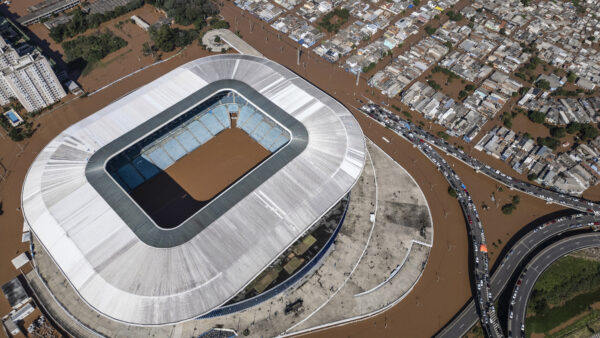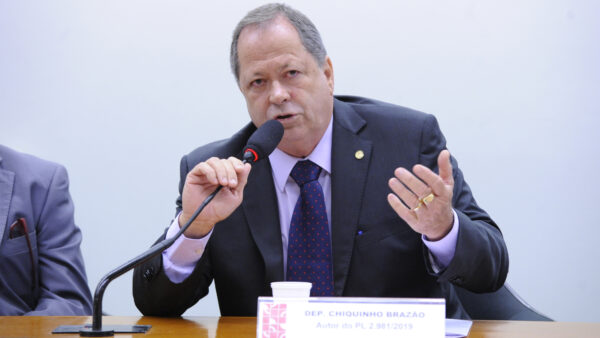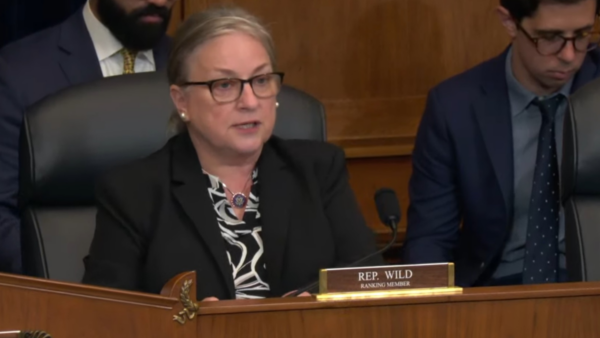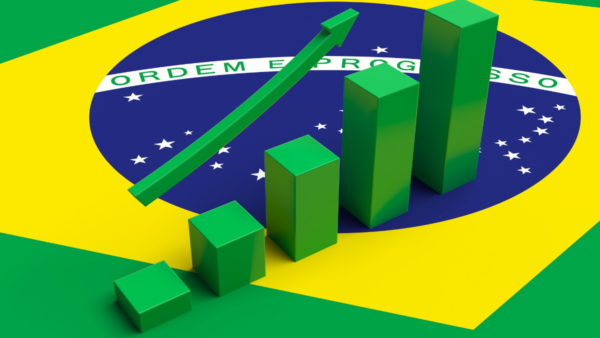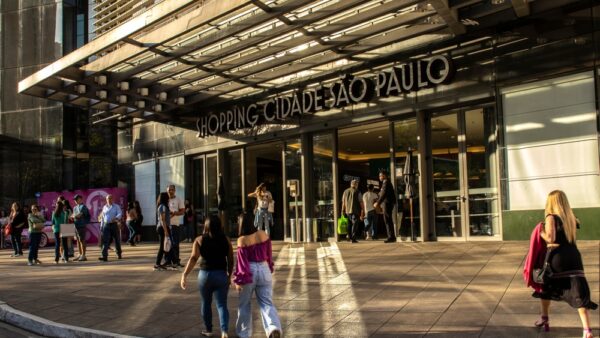The Central Bank’s economic activity index (IBC-Br), a thermometer of growth pace in Brazil, fell by 0.77 percent in August, a drop slightly worse than markets expected. Median forecasts hovered between drops of 0.6 to 0.65 percent.
Also, July’s result was revised from 0.44 to 0.42 percent, bringing the 12-month growth rate to 2.82 percent — more than 1 percentage point down from the 12 months through June. The result confirms the slowdown of the Brazilian economy in Q3 2023.
In the year, IBC-Br increased by 3.06 percent through August — it is the longer-term view of the indicator that most interests economists, as it tends to reflect the country’s true economic performance more faithfully. The actual growth of the Brazilian economy, measured by IBGE, was 1.8 percent in the first quarter, driven by the country’s agribusiness and the bumper soybean harvest, and 0.9 percent in the second, thanks to a rebound in household spending and services output.
The IBC-Br comprises proxies linked to production volume monitoring of agriculture, manufacturing, and services output, in addition to an index that monitors the volume of taxes collected.
For some economists, this slowdown pressures the Central Bank’s Monetary Policy Committee to continue the cuts in the benchmark interest rate despite the recent inflationary uptick and the new international uncertainties surrounding the Israel-Palestine war and oil prices.
A month ago, the committee lowered the Selic rate to 12.75 percent per annum and indicated that reductions of the same magnitude could be expected in the subsequent meetings, signaling that the monetary policy would remain contractionary.
Currently, the Central Bank projects a domestic activity growth of 2.9 percent in 2023, while the federal government foresees an expansion of 3.2 percent for the country’s GDP — a slightly more optimistic view than that of the institutions surveyed in the monetary authority’s weekly Focus Report. Their latest median projection for Brazil’s GDP in 2023 is at 2.92 percent.
At the same time, market-based inflation expectations for both 2023 and 2024 continue to hover above government targets, at 4.75 percent and 3.88 percent, respectively.
After a good start, Brazil’s GDP will likely slow down throughout the year’s second half, with the manufacturing sector continuing to walk sideways and agriculture and services losing steam.


 Search
Search
